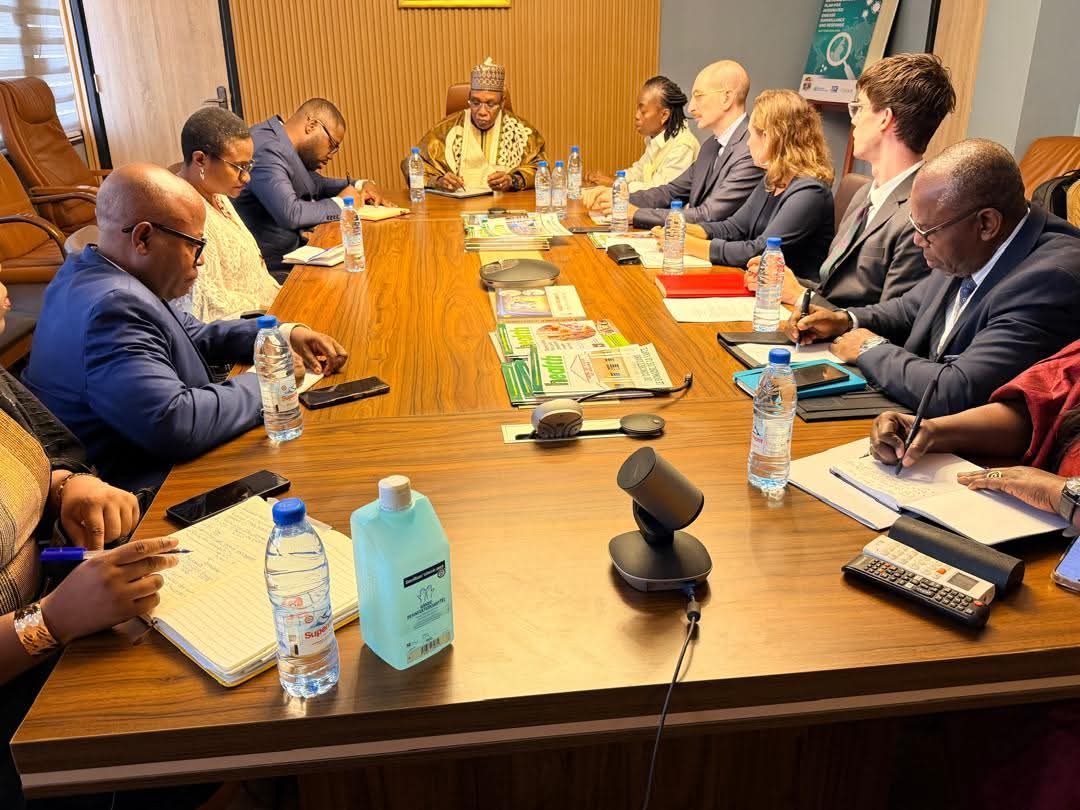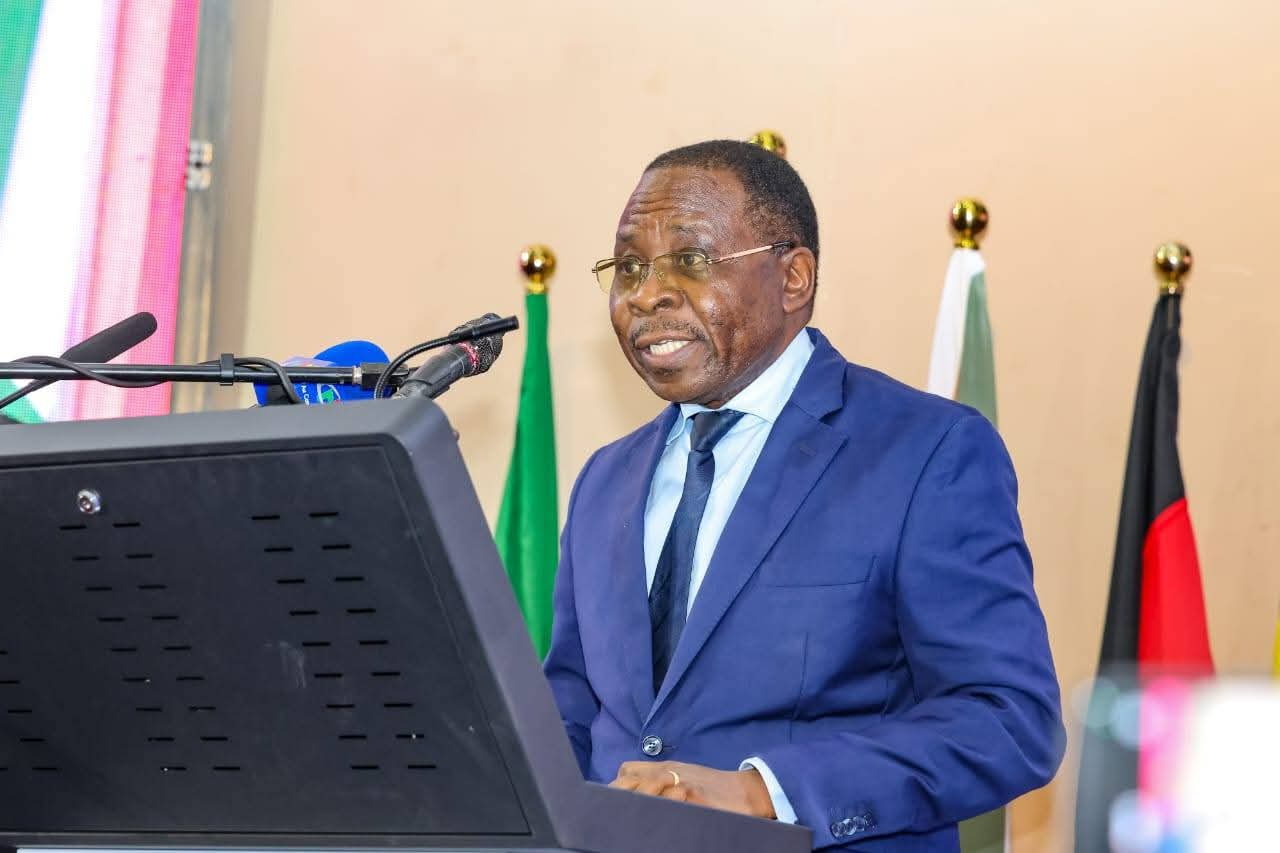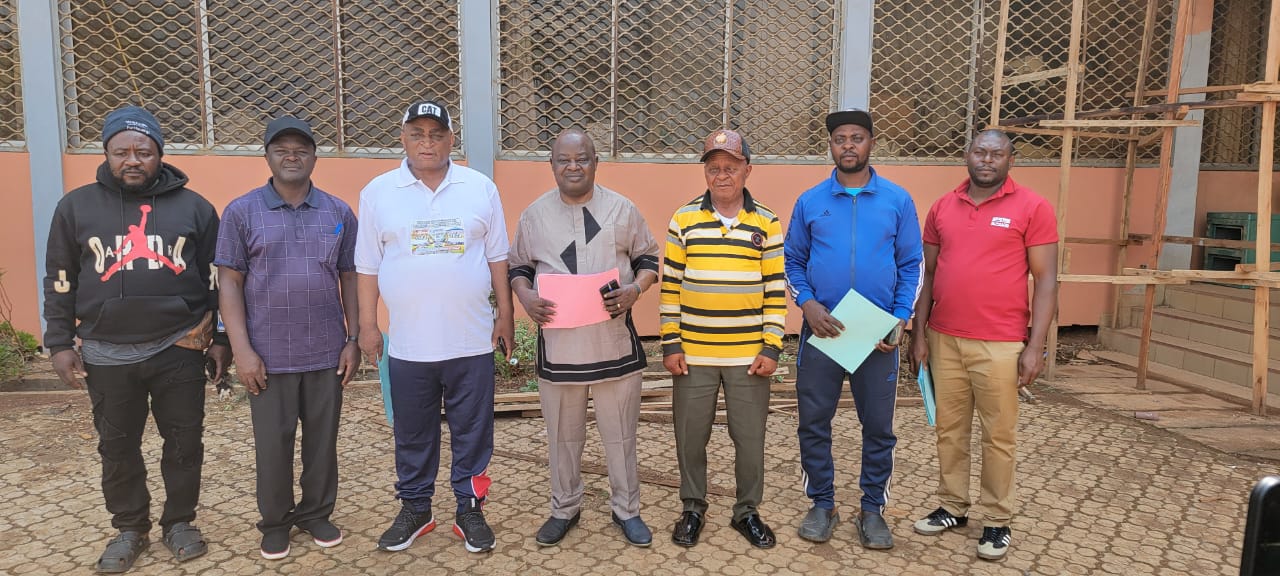The report of N5.8tn sub-national debts piled up by governors of 28 states who are leaving office on May 29 or running for re-election and the Minister of the Federal Capital Territory is one of the leading stories in Nigerian newspapers on Friday.The Punch reports that the governors of 28 states who are leaving office on May 29 or running for re-election and the Minister of the Federal Capital Territory have piled up about N5.8tn sub-national debts amid an economic crunch.
The debt figures were based on an analysis of the sub-national debts reports by the Debt Management Office.
The PUNCH reports that out of the 28 states, 11 governors will be seeking re-election in March.
They include Governors Mohammed Yahaya of Gombe; Babagana Zulum (Borno); Abdullahi Sule (Nasarawa); Seyi Makinde (Oyo); Mai Buni (Yobe); Bello Matawalle (Zamfara); Babajide Sanwo-Olu (Lagos); Ahmadu Fintiri (Adamawa); Dapo Abiodun (Ogun); Bala Mohammed (Bauchi) and Abdulrahman Abdulrazak of Kwara state.
Those that will not be seeking re-elections are Emannuel Udom (Akwa Ibom); Samuel Ortom (Benue) Ifeanyi Okowa (Delta); David Umahi (Ebonyi); Mohammed Abubakar (Gombe) Aminu Masari (Katsina); Bello Bagudu (Kebbi); Abubakar Bello (Niger); Aminu Tambuwal (Sokoto); Simon Lalong (Plateau) and Darius Ishaku of Taraba.
Other governors that are not seeking re-election include the Kaduna State Governor, Nasiru El-rufai; Abdulahi Ganduje (Kano); Victor Ikpeazu (Abia); Ifeanyi Ugwuanyi (Enugu); Ben Ayade( Cross Rivers) and Nyesome Wike of Rivers.
The sub-national debts are classified into domestic-borrowings from local creditors and external-borrowings from foreign or international creditors like the World Bank.
The domestic and external debts published on the DMO’s website were as of September 30 and June 30, 2022, respectively.
According to the reports, sub-national domestic debts were about N4.38tn while their external debts were about $3.15bn or N1.42tn based on the exchange rate of the Central Bank of Nigeria of N449.53 to a dollar as of Thursday.
The data further shows that Lagos has the highest debt, with N877.04bn domestic debt and $1.27bn foreign debt.
It is followed by Kaduna, with a domestic debt of N86.86bn and external debt of $586.78m.
The third highest debt is Rivers, with a domestic debt of N225.51bn and foreign debt of $140.18m.
In the fourth highest debtor position is Cross Rivers, with N175.2bn domestic debt and $215.75m external debt.
It is followed by Ogun with N241.78bn domestic debt and $122.73m foreign debt.
Others include Bauchi (N144.28bn domestic debt and $172.76m external debt); Enugu (N89.89bn and $123.02m); Kano (N125.19bn and $109.42m); Abia (N104.57bn and $95.63m) and Adamawa (N122.48bn and $77.01m).
The newspaper says that the Lagos Chamber of Commerce has said that the contribution of manufacturing to the Gross Domestic Product may fall from the 8.2% recorded in the third quarter of 2022 unless the government intervenes in the sector.
In its New Year statement on the economy signed by its Director-General, Chinyere Almona, the chamber called on the government to save manufacturing from decline by offering it financial support and improving the operating environment.
It stated that factors that may continue to drive the major economic indicators are rising inflation, tight monetary policies, an unstable currency, foreign exchange scarcity and debt burden.
The chamber also noted that currency management, food supply disruptions, exchange rate volatility, and election spending would also influence the economy in 2023.
The Lagos Chamber of Commerce has said that the contribution of manufacturing to the Gross Domestic Product may fall from the 8.2% recorded in the third quarter of 2022 unless the government intervenes in the sector.
The chamber projected that the CBN may further review the interest rate upward during its Monetary Policy Committee meeting in January to 17 per cent.
It, however, claimed that interest rate adjustment alone would not tame the rising inflation, except if factors such as food supply disruptions, high energy cost, scarcity of forex, and the security challenges around agricultural production locations, which triggered low production and high logistics cost, are addressed.
The Guardian reports that the Federal Government earned N586.71 billion from the sale of crude from January to November last year. The earnings were 74.3 per cent short of the pro-rata target for the period. Oil revenue performance has fallen short of targets in recent years, as the sector buckled under crude theft and rising divestments.
The shortfall in oil revenues has been balanced out by a leap in revenue from non-oil sources. According to the 2022 budget performance presented by the Minister of Finance, Budget and National Planning, non-oil revenue totaled N2.09 trillion in the 11 months. The figure was 23.3 per cent above the targets contained in the budget.
Retained revenue from company income tax (CIT) stood at N1.08 trillion while that of the value-added tax (VAT) was N295.2 billion, the minister disclosed. Both revenue sources did moderately above the budget benchmark – by 58.6 per cent and 24.3 per cent respectively.
The scorecard also disclosed that customs collections (comprising import duties, excise, fees and special levies) exceeded the target by N15.42 billion.
It added that the government earned an “independent revenue” of N1.32 trillion while “other revenues” were N3.72 trillion.
The Guardian had reported that the Federal Government’s total retained revenue for the period was N6.4 trillion or 87 per cent of the prorata target of N7.48 trillion.
Revenue performances have fallen short of targets in recent years, forcing the government into incessant borrowings to bridge the gaping hole in appropriation. Some of the deficits, which have exceeded projections, have been blocked by loans from external and domestic sources with overdrafts by the Central Bank of Nigeria (CBN) serving as major support.
From less than N1 trillion in 2015, a backlog of supports from the apex bank has skyrocketed to N22.7 trillion. This year, the ways and means (W&M) facility will cost the government N1.8 trillion in interest payments.
President Muhammadu Buahri has written the National Assembly seeking the securitization of the facility with an arrangement reached for a nine per cent bond offering. With the arrangement, though seen as alien to W&M management style and a contradiction of the CBN Act, the government will spend less servicing the loan and take it off the CBN balance sheet.
The National Assembly has turned down the executive request, seeking more explanation on the accumulated liability. At the 2023 Appropriation Law signing in Abuja earlier in the week, the President urged the lawmakers to urgently consider approving the securitisation plan to enable the government complete the process of converting the debt into a long-term instrument.
In the just-signed 2023 Appropriation Act, the Federal Government intends to borrow another N8.8 trillion to augment its ambitious N10.49 trillion revenue target. The amount is about N3.4 trillion higher than the annualised last year’s retained earnings (N7.1 trillion).
The newspaper says that the Nigeria Security and Civil Defence Corps (NSCDC), said it arrested about 457 suspects in connection with illegal dealing in petroleum products and crude oil theft in 2022.
Also, 13 suspected illegal miners and seven suspected Bororo Fulani were arrested for creating unrest in different parts of the state. The State Commandant, Mr. Akinsanya Abiodun, who disclosed these yesterday, while reviewing the Command’s achievement of 2022 in Asaba, said a total of 59 trucks, 1529 drums, 153 Toyota Sienna and 17 Toyota Camry, five boats and three buses were recovered from the suspects.
Abiodun said all these vehicles and containers contained suspected adulterated petroleum products and stolen crude oil. He said of these, six cases were prosecuted, five of them are under investigations, while NSCDC kept vigil on all government critical infrastructures and assets.
According to him, within the period, 381 fire victims were saved, including property worth millions of naira while 45 road accident victims were rescued at different locations in the State
The NSCDC boss also disclosed that the Command was able to resolve 25 disputes, which range from land related matter, matrimonial issues and others between the willing populace of the 36 cases reported last year.
Abiodun also said the Command generated N15 million, while 43 companies were renewed during the period.




